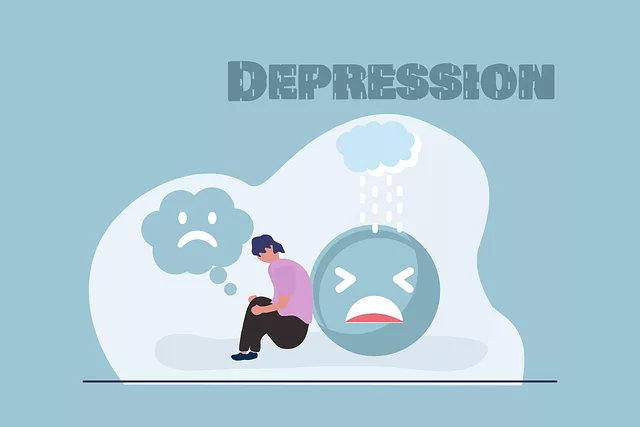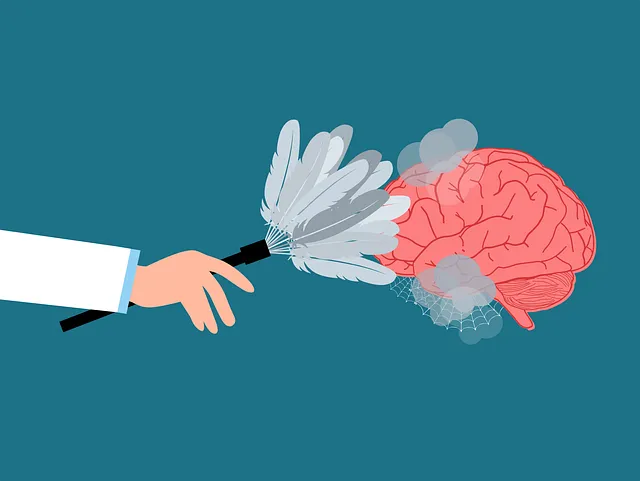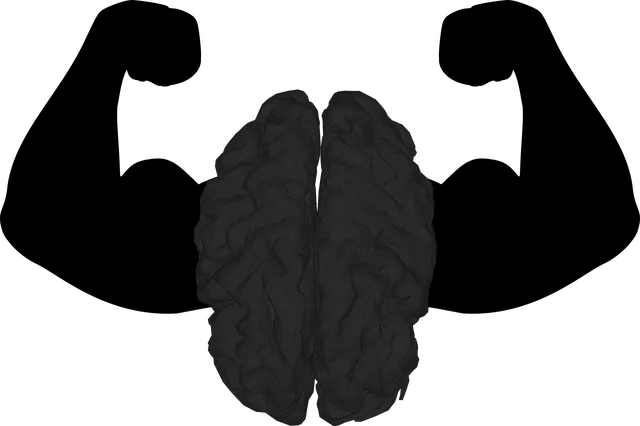The Lone Tree Kaiser Permanente mental health department uses group facilitation as a powerful tool for enhancing community mental wellness, combining structured sessions with crisis intervention and stress management techniques. Facilitators prioritize effective communication and active listening to create safe spaces where individuals can openly discuss challenges, gain new perspectives, and build resilience. Measuring success through pre- and post-group assessments reveals improvements in self-care, anxiety symptoms, and compassion cultivation practices, ensuring personalized interventions for tangible mental health outcomes.
Mental wellness group facilitation plays a pivotal role in enhancing collective support and individual healing. This article explores effective techniques tailored specifically for the Lone Tree Kaiser Permanente mental health department, focusing on strategies that foster engaging and impactful group sessions. We’ll delve into understanding the fundamentals of group facilitation, examining successful implementation at Kaiser Permanente, and measuring the significant outcomes achieved through these collaborative interventions.
- Understanding Group Facilitation for Mental Wellness
- Strategies for Effective Group Sessions at Kaiser Permanente
- Measuring Success: Tracking Progress and Outcomes
Understanding Group Facilitation for Mental Wellness

Group facilitation plays a pivotal role in enhancing mental wellness within communities, particularly through organizations like Lone Tree Kaiser Permanente’s mental health department. This approach recognizes the power of collective support and shared experiences in fostering resilience and recovery. Facilitators act as guides, creating safe spaces where individuals can openly discuss their challenges and gain new perspectives.
Effective group facilitation for mental wellness involves structured yet adaptable sessions that incorporate a range of techniques. These may include Crisis Intervention Guidance to manage acute distress, Stress Management Workshops designed to equip members with coping strategies, and Depression Prevention initiatives aimed at early intervention and resilience building. By combining these methods, facilitators create an inclusive environment that promotes emotional well-being, empowers individuals, and fosters a sense of belonging among group members.
Strategies for Effective Group Sessions at Kaiser Permanente

At Kaiser Permanente’s Lone Tree mental health department, facilitators employ a multitude of strategies to ensure effective group sessions. One key approach is providing a Crisis Intervention Guidance that offers immediate support and coping mechanisms for members facing acute distress. Through structured activities and open dialogue, facilitators create a safe space where individuals can share their experiences and learn from one another, fostering a sense of community and understanding.
Effective communication strategies are at the heart of successful group sessions. Facilitators encourage active listening, ensuring that every member feels heard and valued. This promotes Mood Management by allowing participants to express their emotions openly without fear of judgment. By integrating these techniques, Kaiser Permanente’s Lone Tree mental health department enhances the therapeutic experience, catering to the diverse needs of its community.
Measuring Success: Tracking Progress and Outcomes

Measuring success is a crucial aspect of group facilitation, especially within the context of mental wellness. Tracking progress and outcomes allows facilitators to assess the effectiveness of their techniques and tailor support accordingly. At Lone Tree Kaiser Permanente’s mental health department, professionals utilize various methods to gauge improvement, including pre- and post-group assessments, where participants rate their symptoms, coping strategies, and overall well-being on standardized scales. This data provides valuable insights into the group’s collective progress.
Furthermore, maintaining detailed records of individual participant journeys is essential. Through regular check-ins and personal reflections, facilitators can identify specific areas of improvement, such as enhanced Self-Care Routine Development for Better Mental Health, reduced Anxiety Relief symptoms, or increased Compassion Cultivation Practices adoption. These metrics enable personalized interventions and ensure that the group’s collective success translates into meaningful improvements in individual mental health outcomes.
Group facilitation techniques have proven to be powerful tools within the mental wellness realm, as evidenced by the successful implementation at the Lone Tree Kaiser Permanente mental health department. By employing strategies that foster open communication and collective support, such as those outlined in this article, facilitators can create a safe space for individuals to navigate their mental health journeys. The consistent tracking of progress and outcomes, as highlighted in the ‘Measuring Success’ section, ensures that these sessions remain effective and adaptable to each unique group. This holistic approach benefits participants by not only enhancing their mental wellness but also fostering a sense of community, ultimately improving overall well-being.




